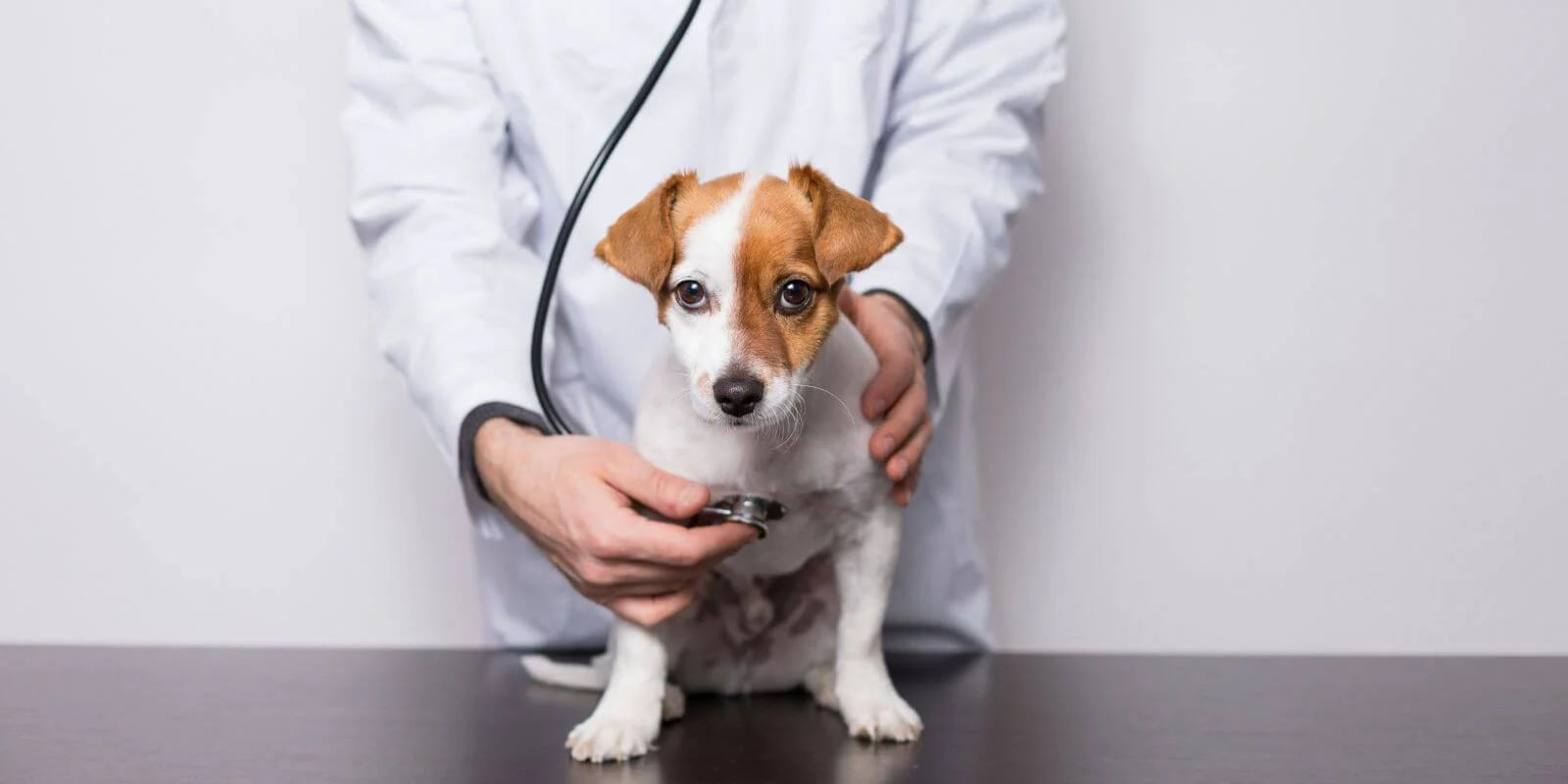When Is The Best Time To Visit A Veterinarian With Your Pet?
Whether a pet or any animal around you that you’d want to save, it is crucial that they must show several signs alerting you of impending illness. Some animals, however, may be injured and it wouldn’t be next to impossible for you to determine that the sick friend needs vet care. If you are wondering whether it’s time your dog sees the vet aspley or a ram close to you has broken one of its legs, you should be keen to observe several signs before visiting or engaging a vet team online.
Not Eating
Whether you’ve been a pet owner for many years now, or have just recently brought home your first puppy, it’s frustrating to have your dog go completely without eating for days. Dogs like any other animals can go without food for many reasons. For you to come up with the best treatment plan, you must understand the issue underlying the change in the eating pattern of your dog pet. If your dog suddenly becomes a picky eater, it’s good to check for any concerns of health and plan a sit down with a vet aspley as soon as possible. It’s recommended that you frequently keep an eye on the dog to ensure they are feeding right and that they are behaving normal.
Vomiting or Diarrhea
Occasionally, the reason could be more severe. It’s highly likely that your puppy ingested something toxic, or perhaps, it could suggest a more severe condition that needs the attention of the vet as soon as possible. You need to be able to detect if your dog is regurgitating or vomiting. Dogs typically regurgitate shortly after eating, and unlike with vomiting, the procedure is largely passive: the dog just lowers their head and the food comes up naturally without any active contractions in the abdomen.
Breathing Difficulties
Dogs may pant occasionally; this is common in warm temperatures, after exertion, during stressful situations, and during excitement. But if this panting persists or develops into laboured breathing, it can be an early indication of a disease or injury. Certain disorders associated with very deep breathing may be fatal if not properly identified and managed.
Sudden Weight Loss
A dog’s weight will typically fluctuate slightly over time. You can expect them to shed a few pounds if you switch to a diet they don’t like. They may also gain a little if they are spending more time indoors throughout the winter. Dogs lose weight for a variety of reasons. Issues around the pet’s nutrition, surroundings, and well-being are most likely the cause. The easiest hack to keeping an eye out for weight growth or loss in your dog is to weigh them on a regular basis using a reliable digital scale. But you can also tell whether your dog is excessively thin by looking at their body condition score. After examining the pet thoroughly, the vet aspley team might likely suggest a distinct treatment plan based on what they determine to be the cause of the changes in the health of your puppy.
Lethargy
Often dogs become lethargic for many reasons like distemper or kennel cough infections and metabolic illnesses, like hypoglycemia, diabetes, liver disease, and heart issues. Such treatment as recently prescribed medications or novel flea or worm treatments are the pharmaceutical recommendations made so far. Veterinary consultation is necessary for an appropriate diagnosis and subsequent treatment plan, as the management of lethargy will differ significantly depending on the underlying reason. Supportive care for your cat will probably involve subcutaneous fluids and nutritional supplements.
Red or Cloudy Eyes
Uveitis can cause an eye to appear red and hazy, causing the iris to change colour or look bloated and puffy. Reducing eye inflammation, preventing glaucoma, and identifying and treating the underlying cause are the main goals of treatment for uveitis because it frequently indicates the presence of a systemic disease (such as cancer, infection, etc.). In addition, the afflicted eye may be bigger than usual, red, hurt, and teary. In dogs, glaucoma may require eye removal in the event that treatment is delayed. Blindness could result.
Your dog could depict corneal ulcer signs like Squinting frequently or keeping the eye. The dog may experience discharge from the eye or they could have a redness of the eye in other instances. Many other signs like decreased appetite, or diminished playfulness could also hint at a corneal ulcer. You are compelled to see a vet as soon as you can in case you are caught up between any of these symptoms.
Aggressive Behavior
Dog aggression frequently results from insufficient socializing. Dogs who were not properly trained or socialized as puppies must learn how to behave appropriately around strange people, places, and canines. Aggressive behaviours can appear at any age, even though they often start in puppyhood.
Despite this, dogs in pain or suffering from an injury might demonstrate hostility with little to no warning when touched or approached, even by known persons. Seeing a veterinarian is essential to rule out any underlying medical issues or suffering as the reason for the sudden hostility.

